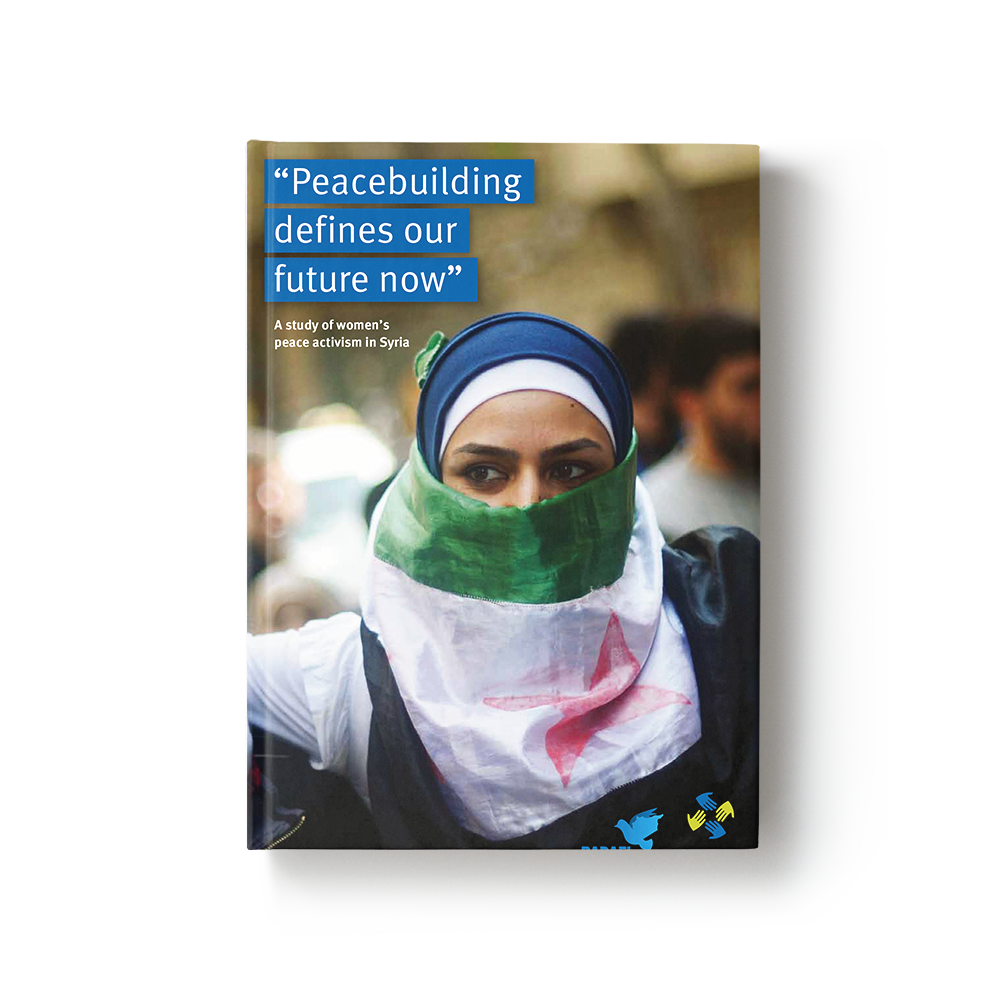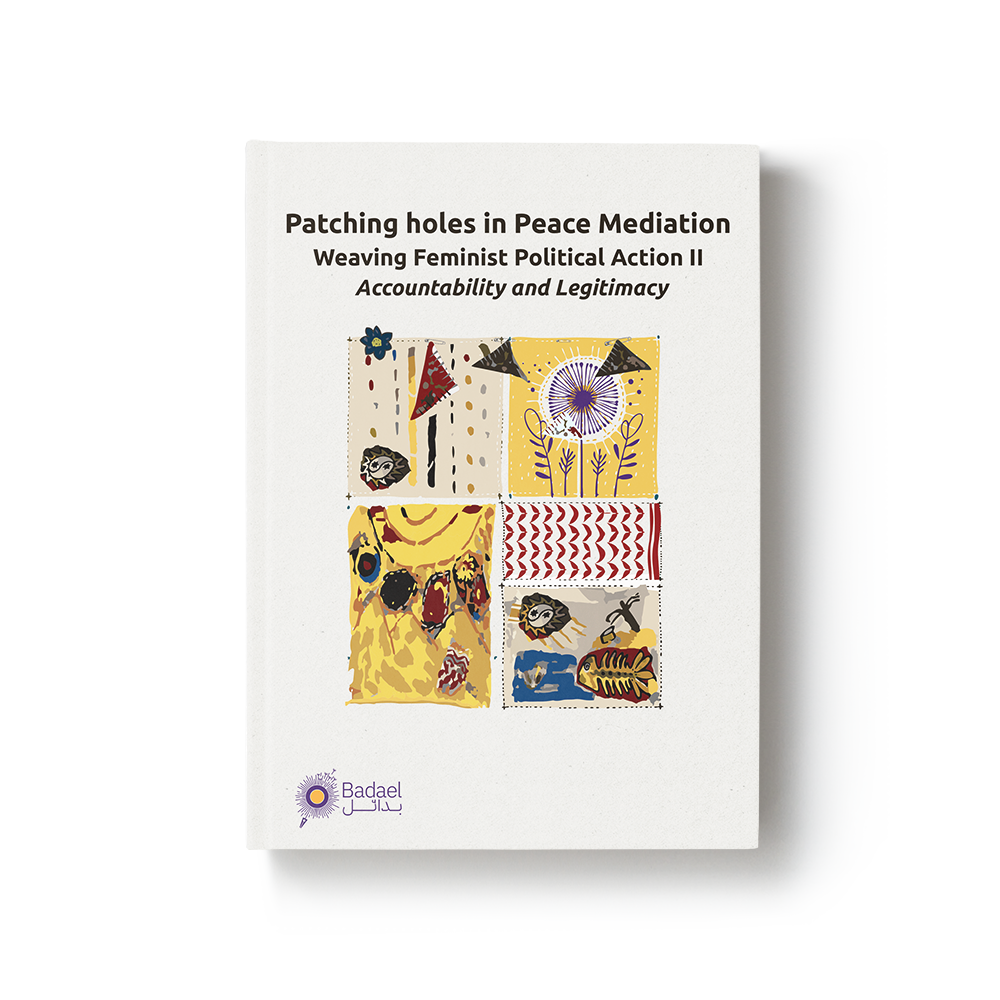
Peace Building Defines Our Future Now
- Date of Publishing 04 October 2015
- Download badael.org
This study examines women’s activism in Syria before and after the 2011 uprising, focusing on their peacebuilding efforts amidst escalating violence. Based on questionnaires, interviews, and focus group discussions with women activists and civil society groups across various regions of Syria (excluding some inaccessible areas due to security concerns), the research reveals that most women define peacebuilding as a process involving ceasefire, inclusive negotiations, and equal rights. They view civil society as crucial for peacebuilding, contrasting it with self-serving political parties and international actors. Motivated by personal experiences of discrimination or a sense of obligation, many engage in peacebuilding as a means of societal reconstruction. While some express reservations about the concept of “peacebuilding” itself, this often stems from differing interpretations rather than opposition to nonviolence. Peacebuilding activities vary by region, reflecting local contexts and priorities. Funding shortages and a lack of training are major obstacles, hindering the effectiveness of these initiatives. Despite challenges like ongoing violence, patriarchal attitudes, and restrictions on movement, women activists leverage growing public support for nonviolence and build upon the expanding civil society to promote peace, reconciliation, and equal rights.


